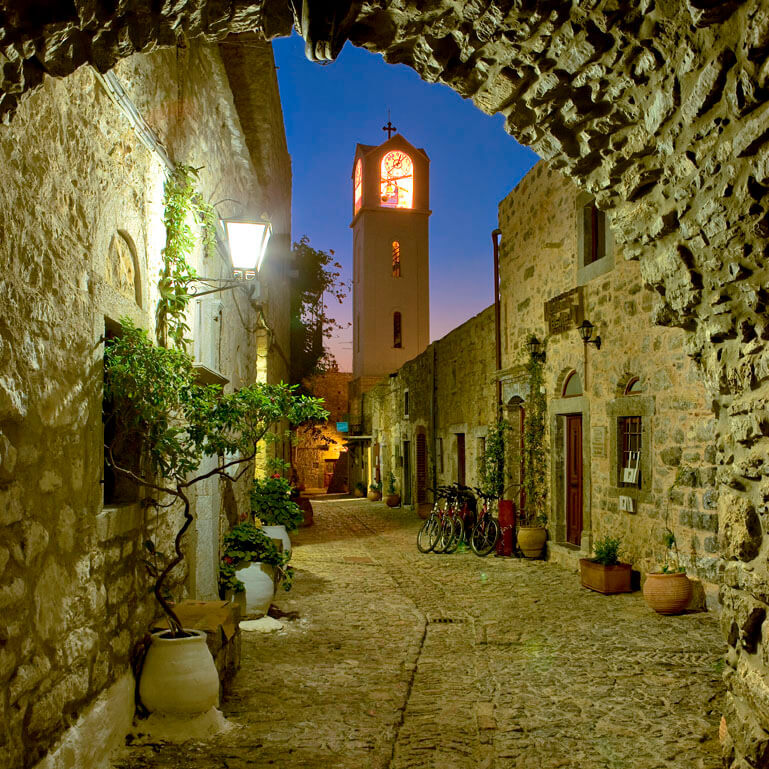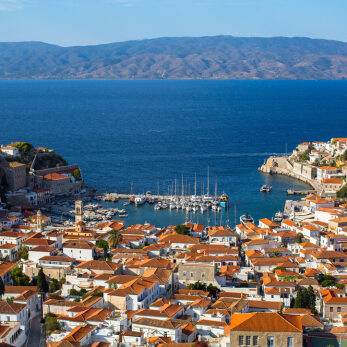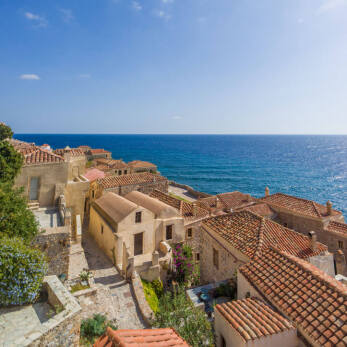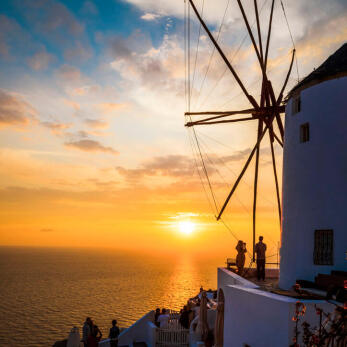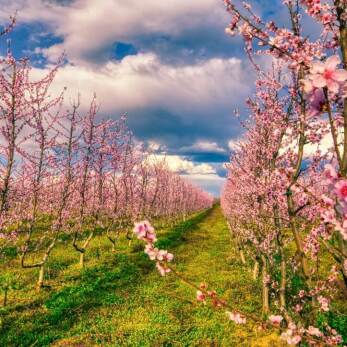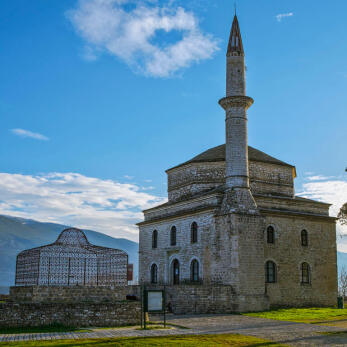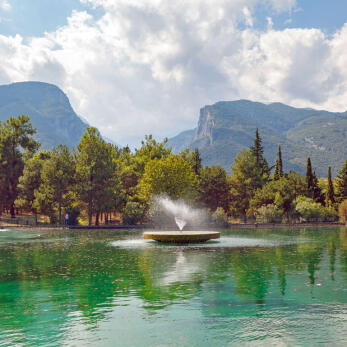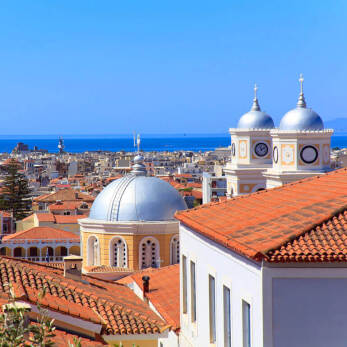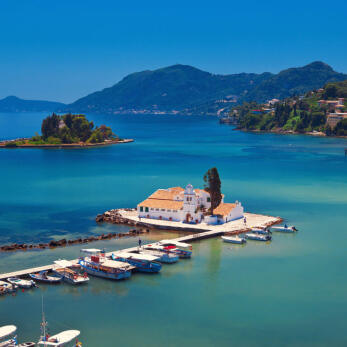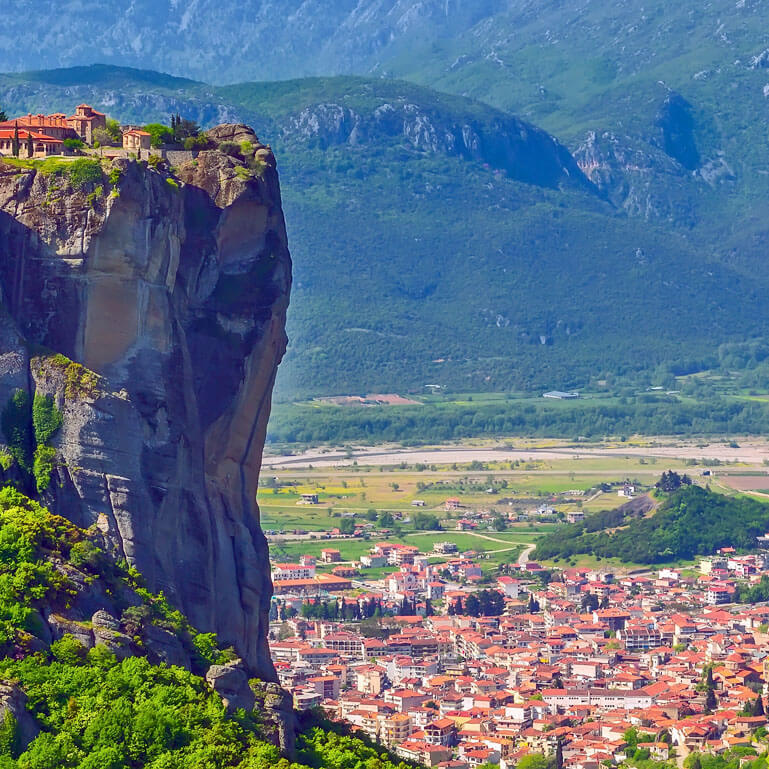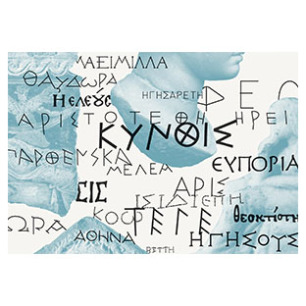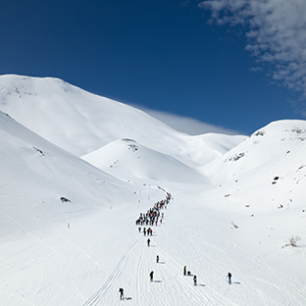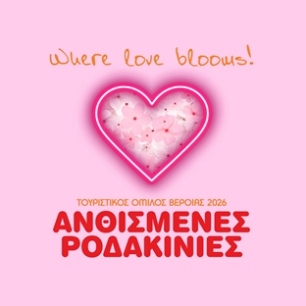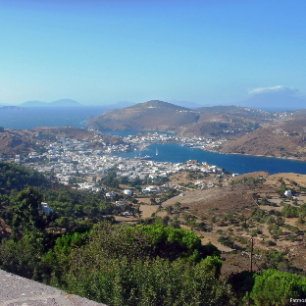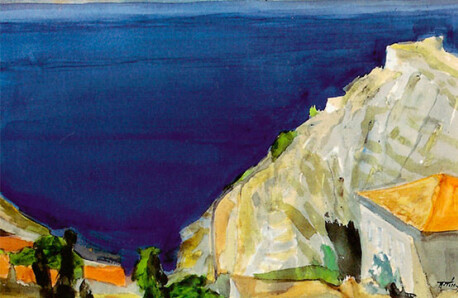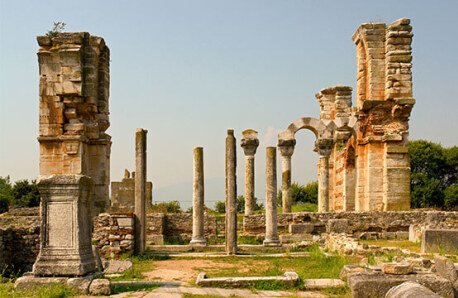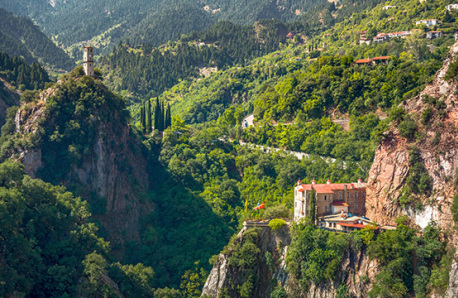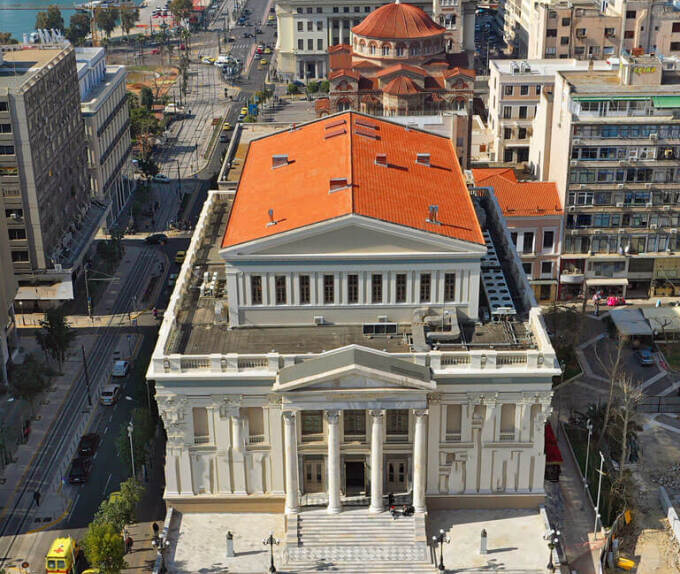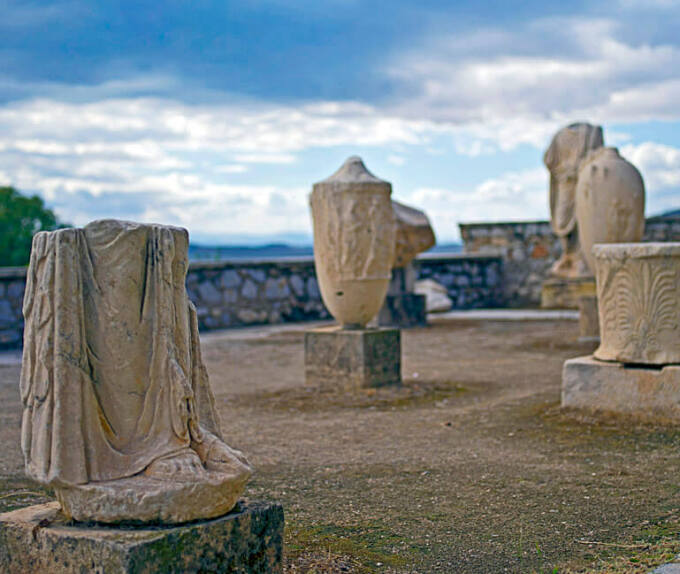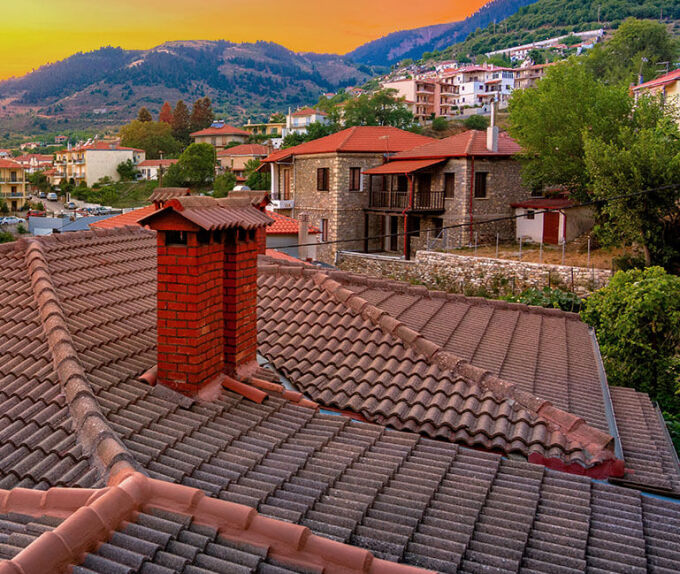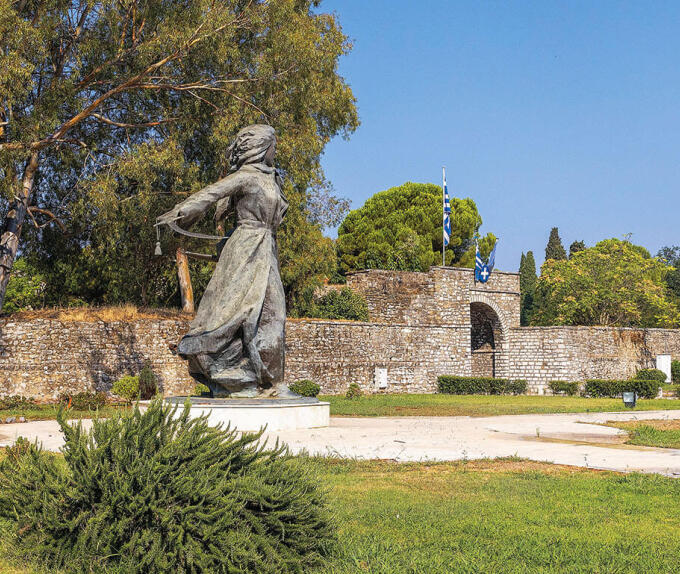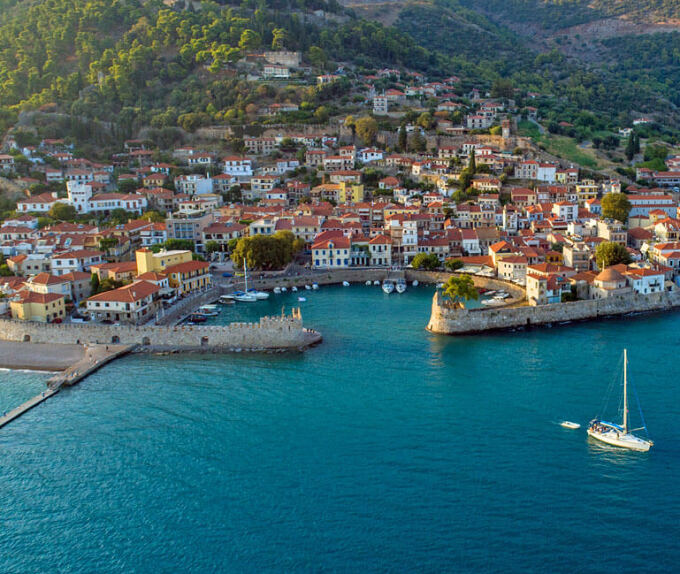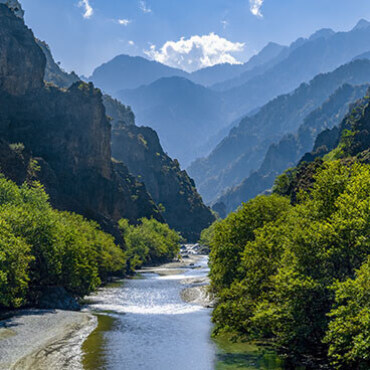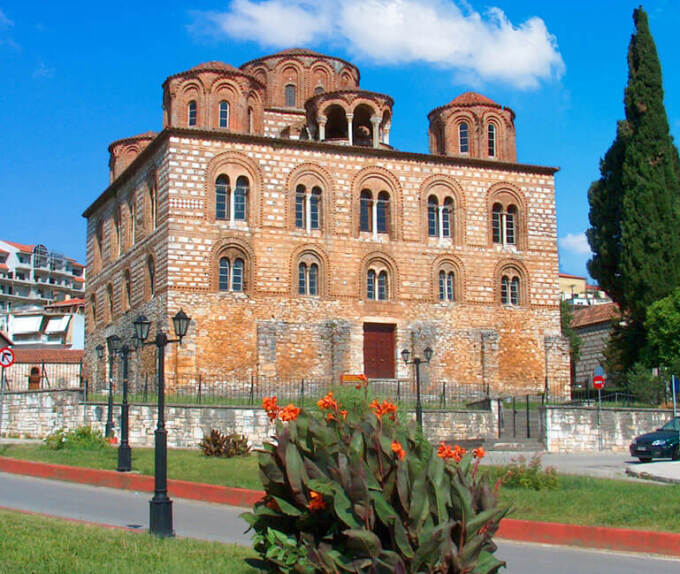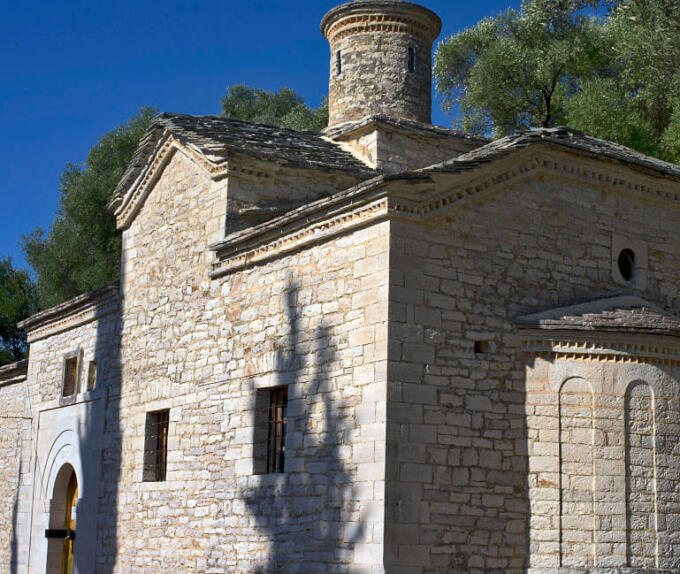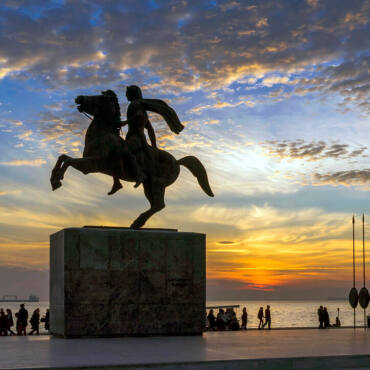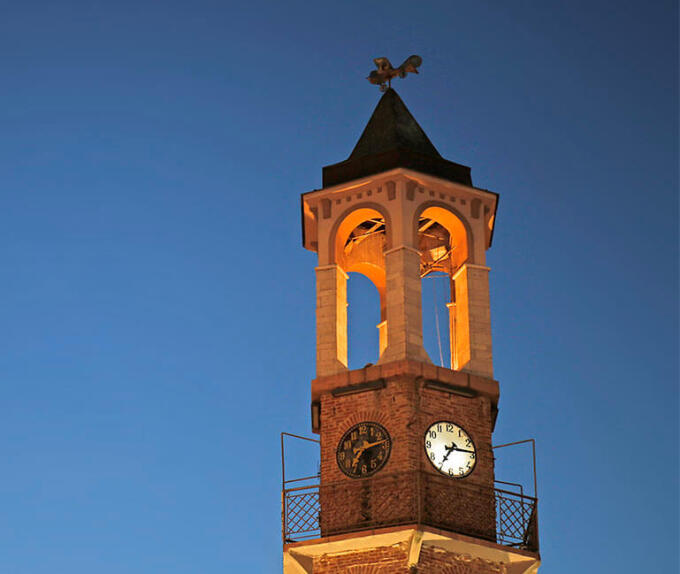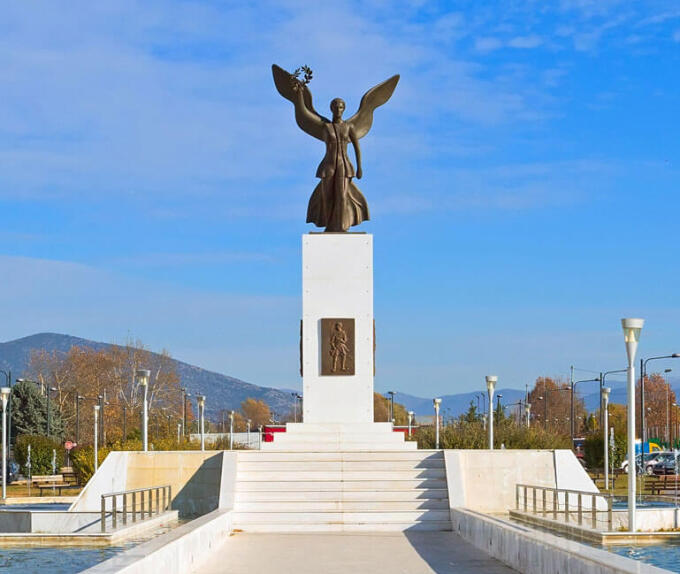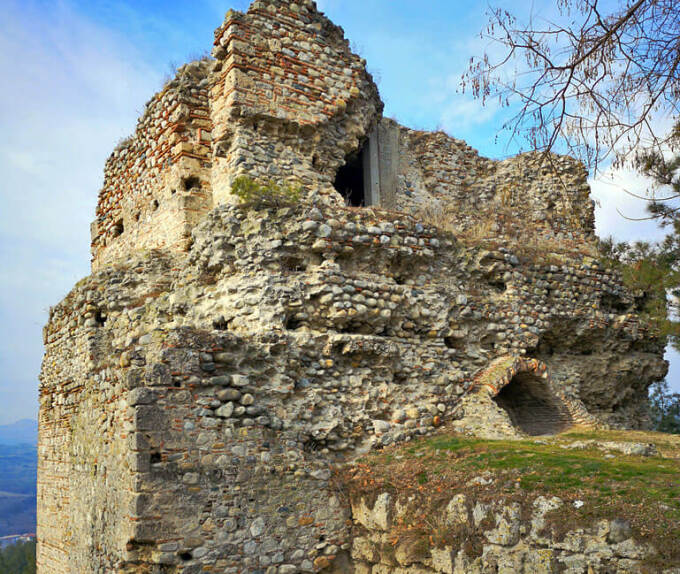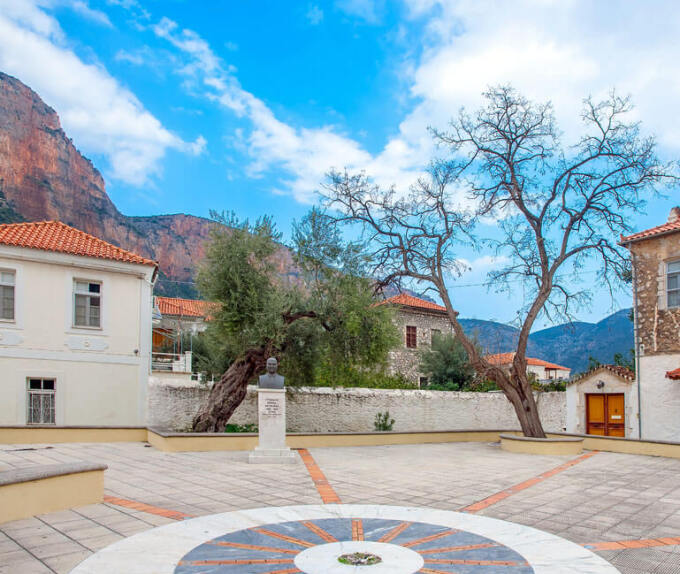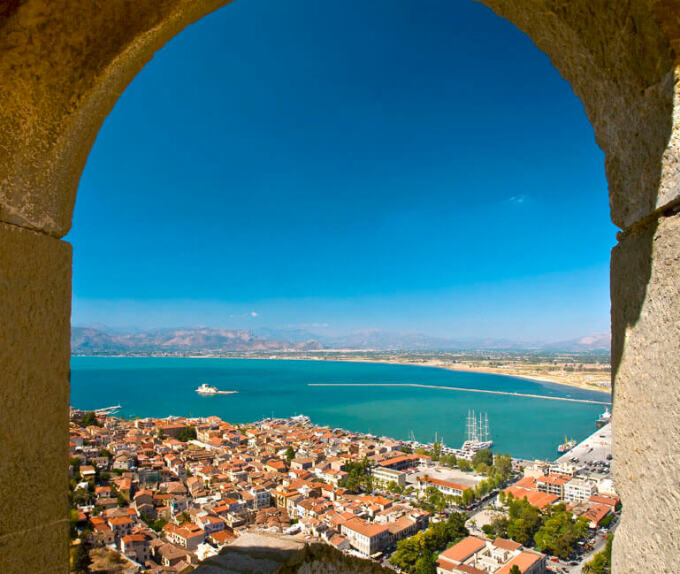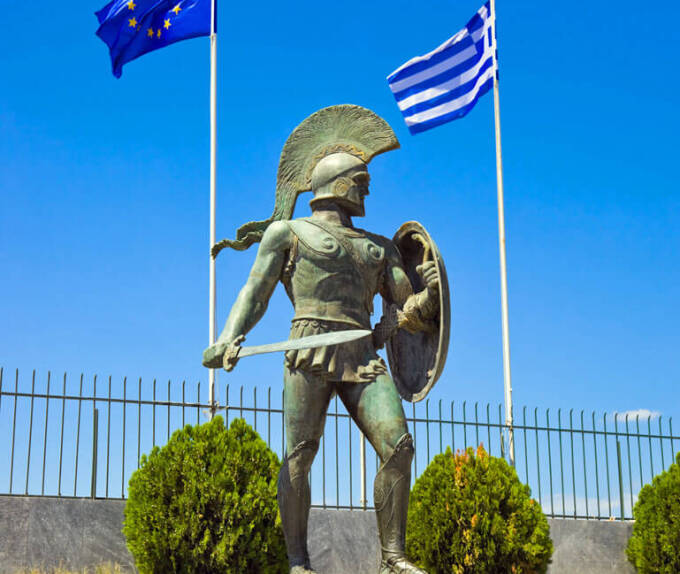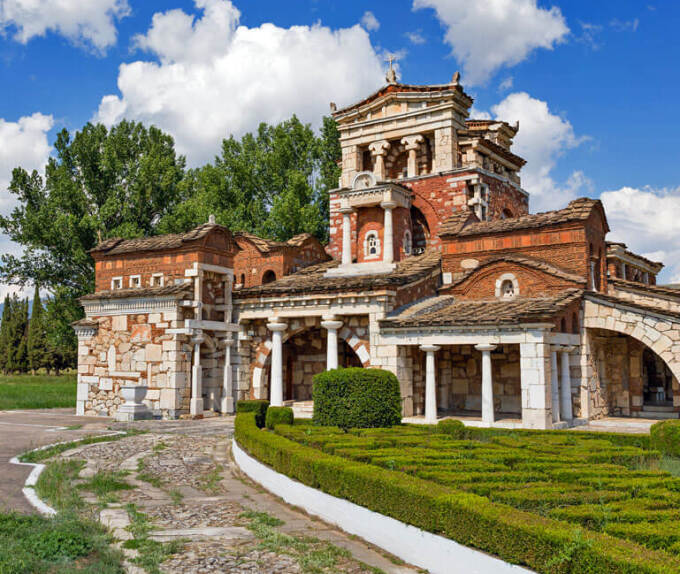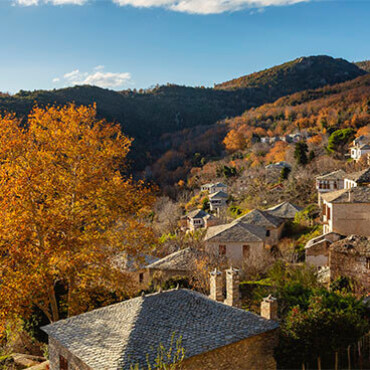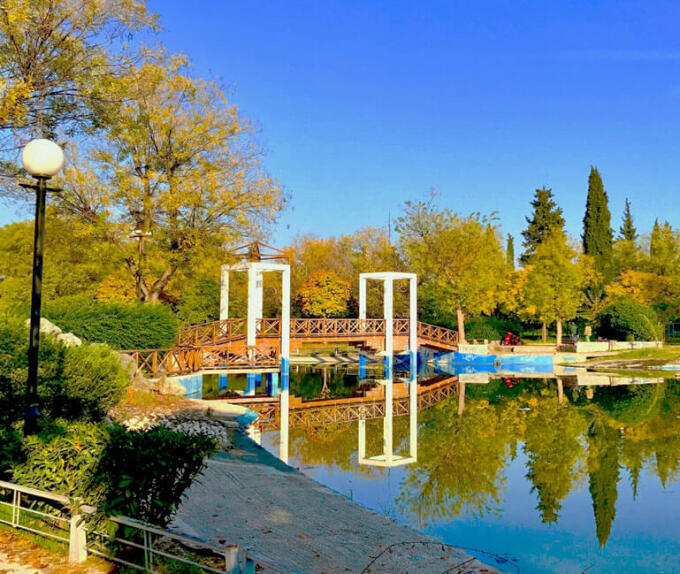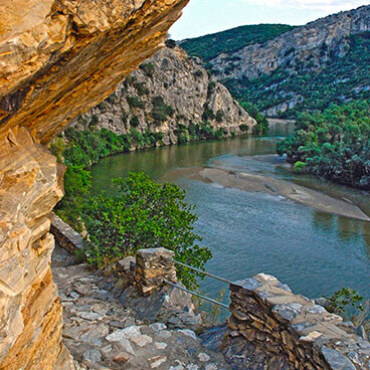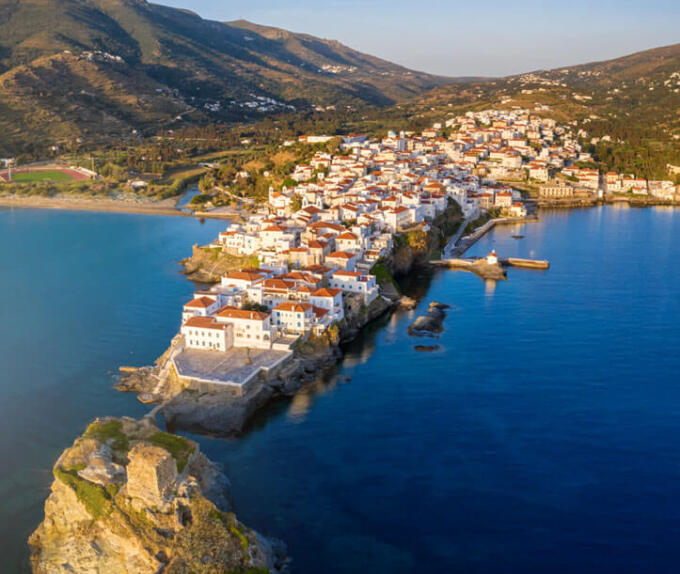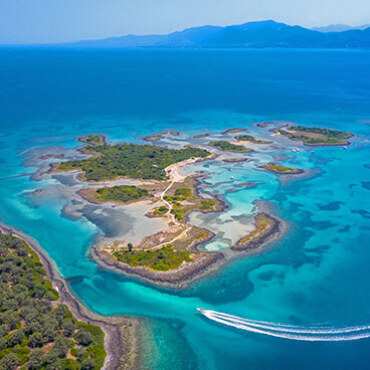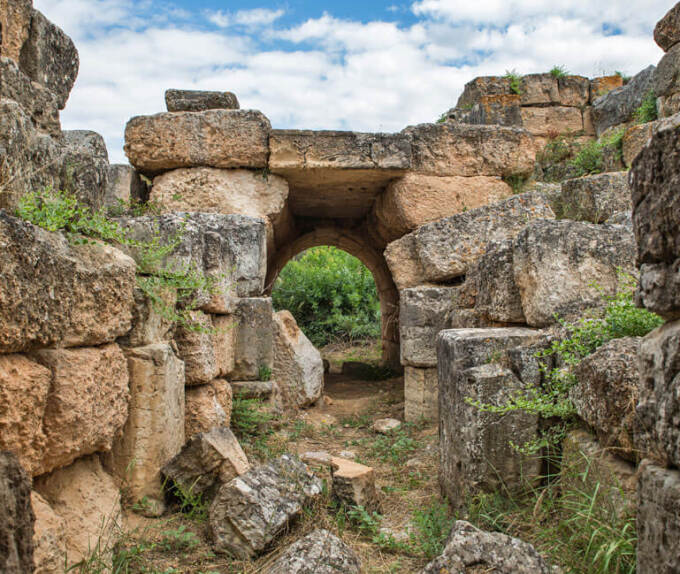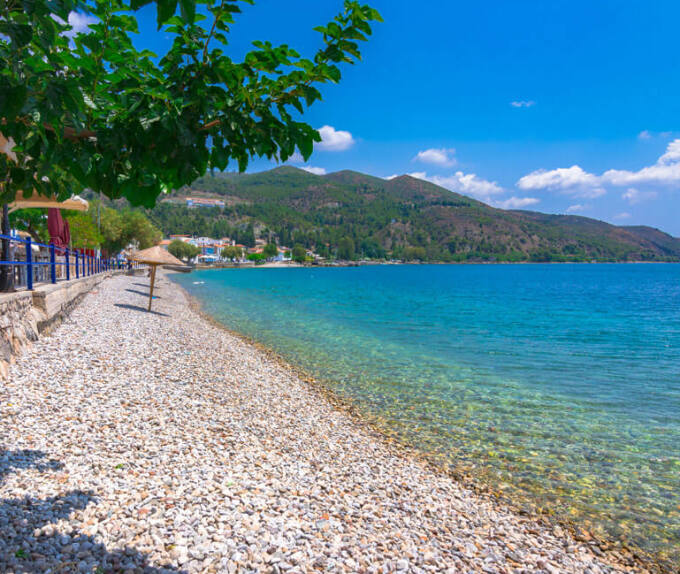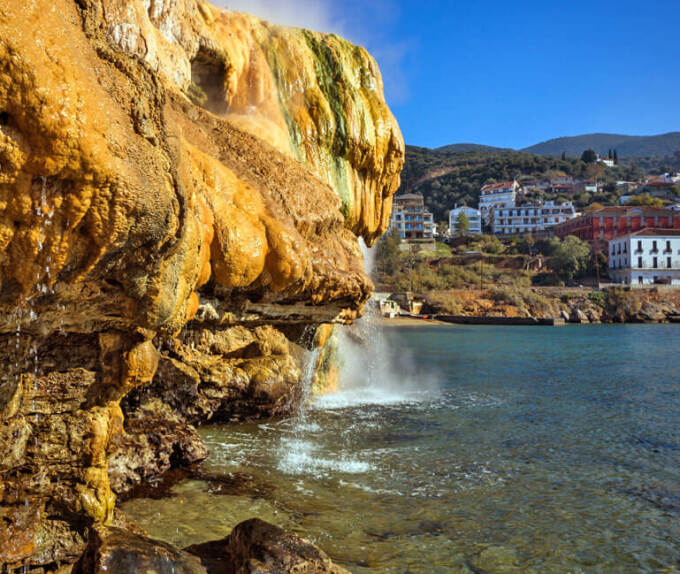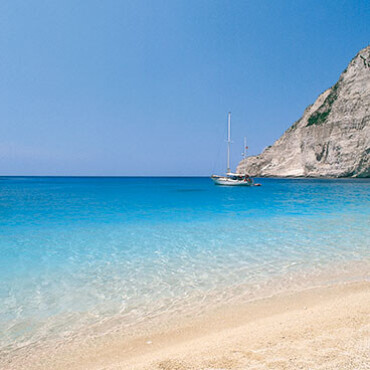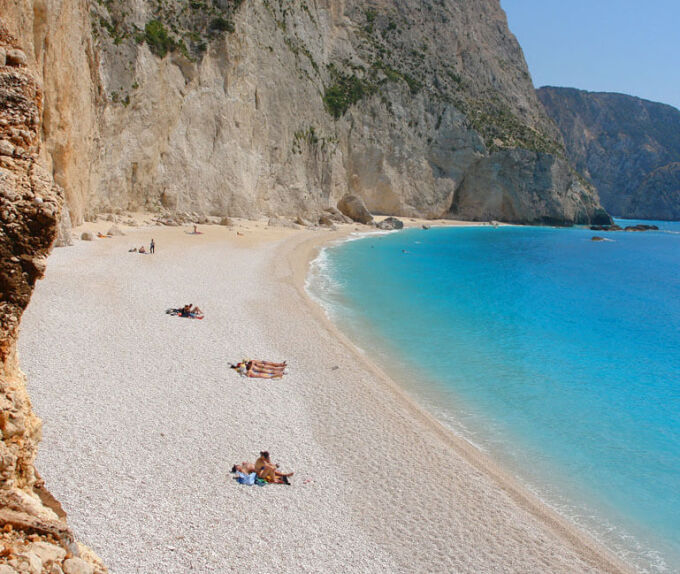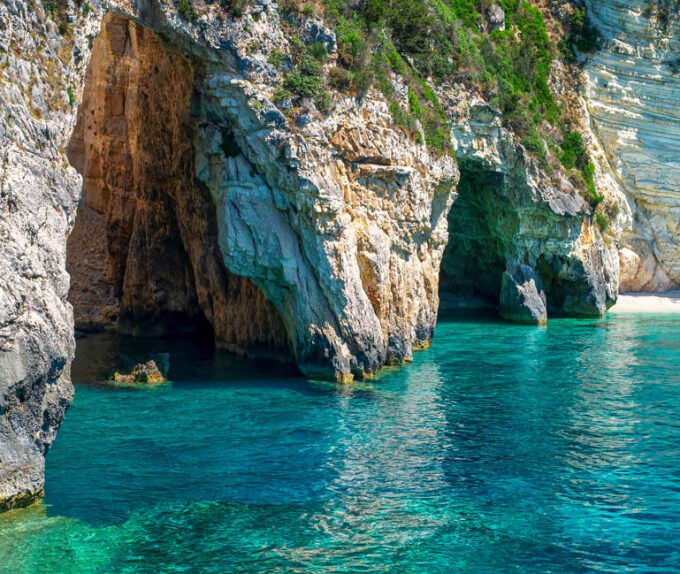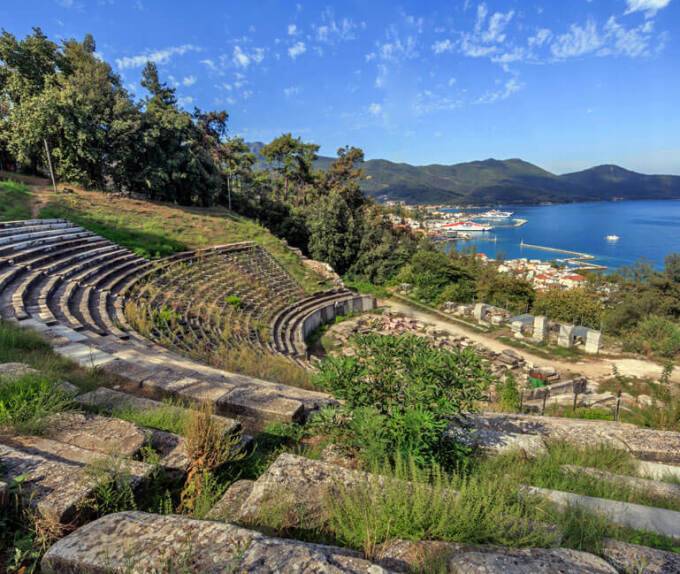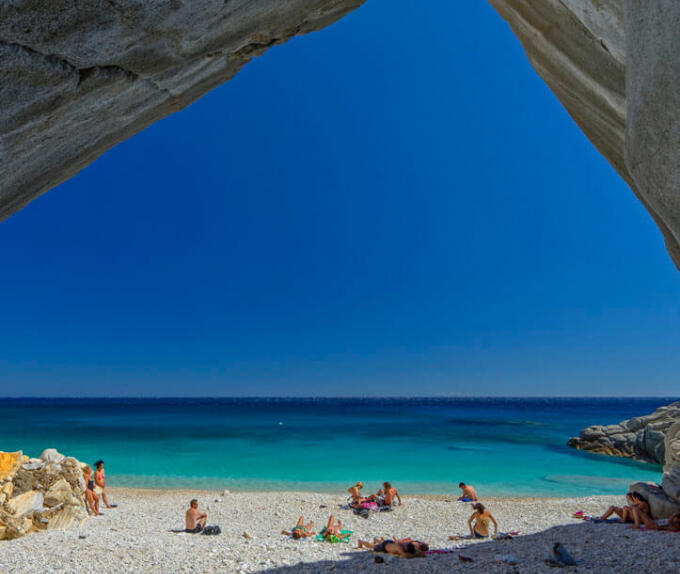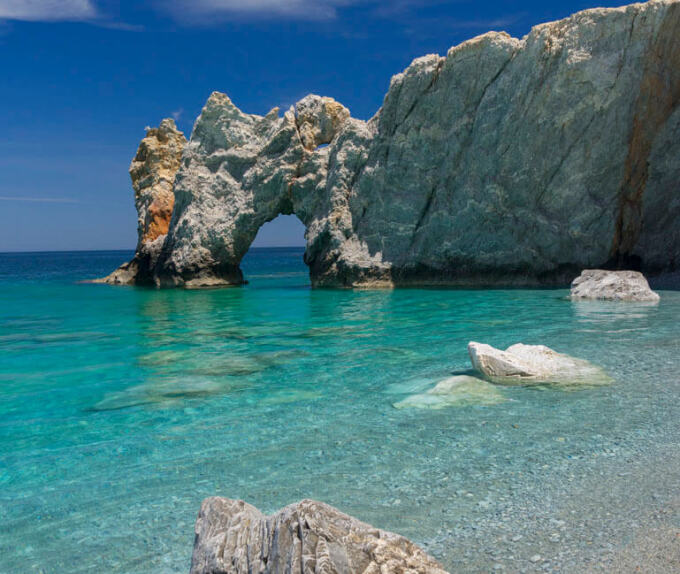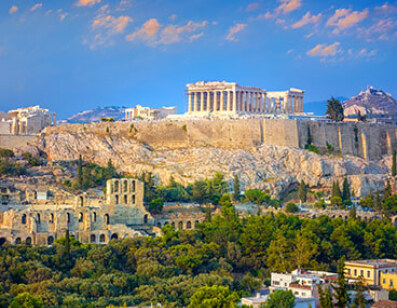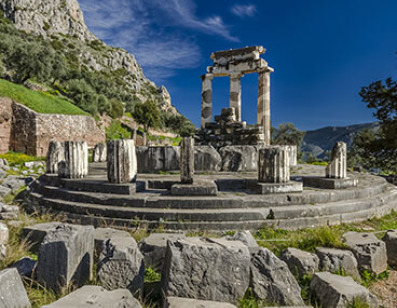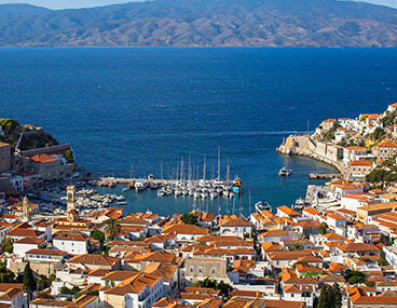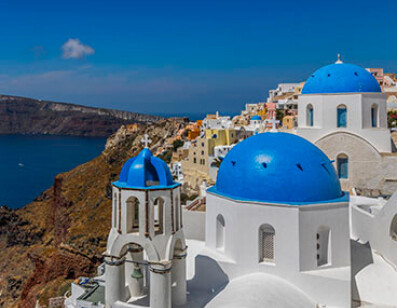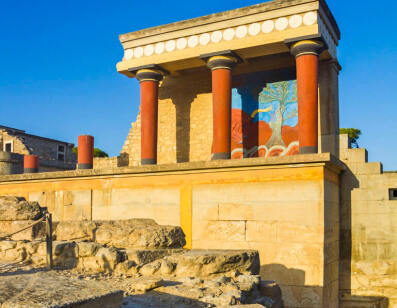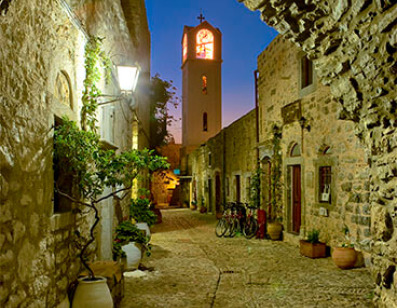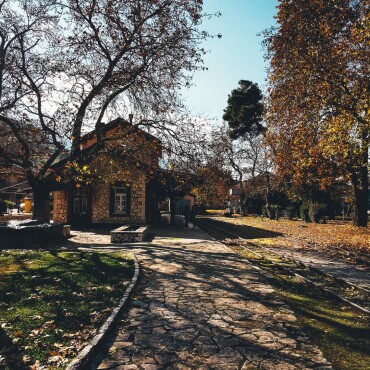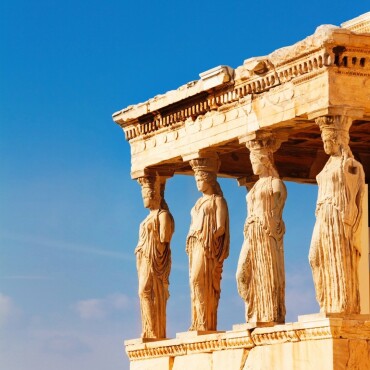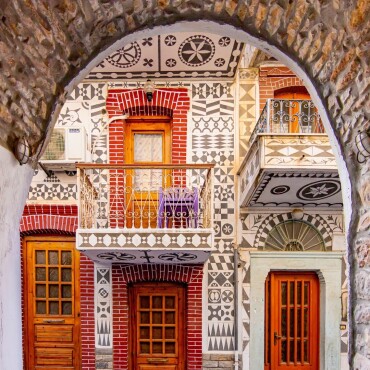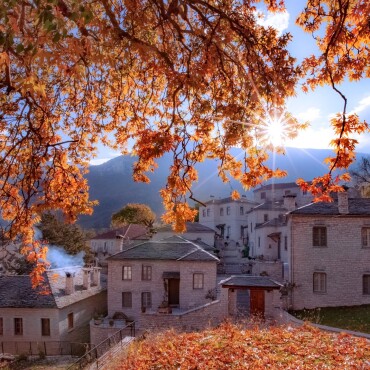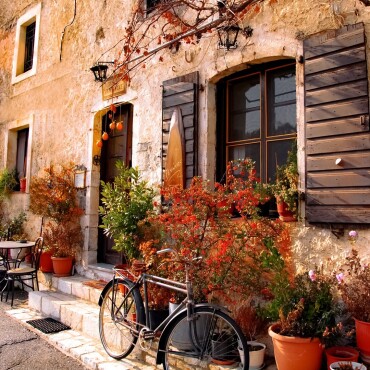
Events
VIEW ALL- Exhibitions
- Festival
- Music
- Sports
- Argosaronic
- Attica
- Central Greece
- Crete
- Cyclades
- Dodecanese
- Epirus
- Ionian
- Macedonia
- North Aegean
- Peloponnese
- Athens
- Chania
- Chios
- Corfu
- Epidaurus
- Heraklion
- Hydra
- Ioannina
- Livadeia
- Patmos
- Rethymno
- Santorini
- Veria
- March
- April
- May
- June
- July
- August
- September
- October
- November

Experiences
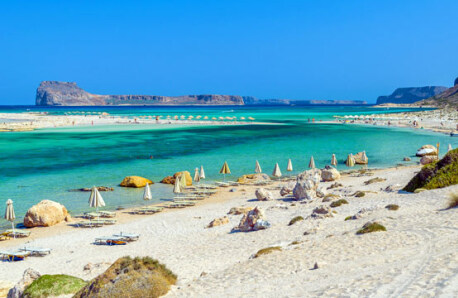
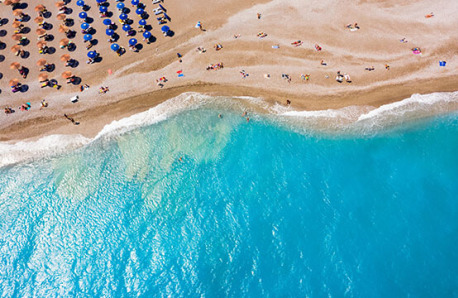
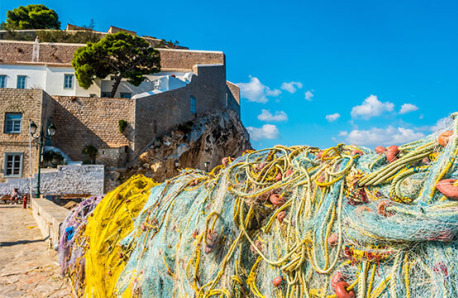
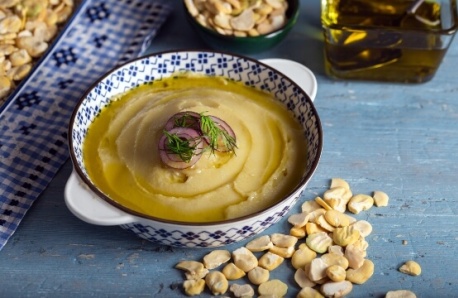
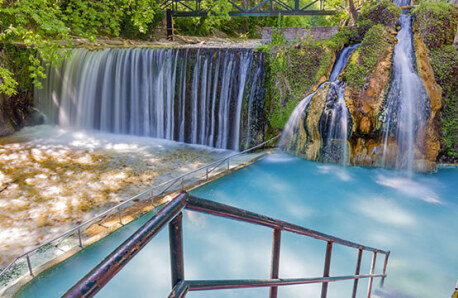
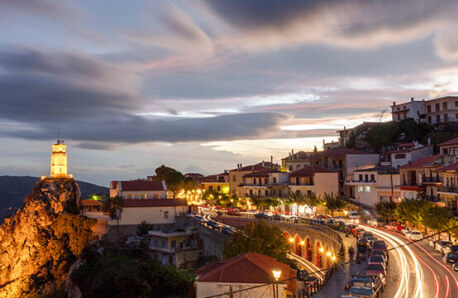
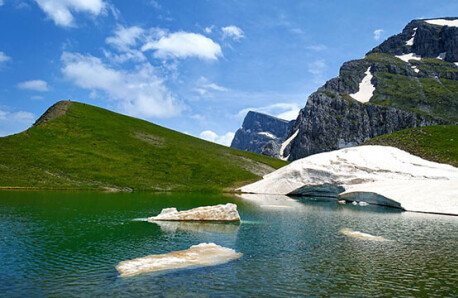
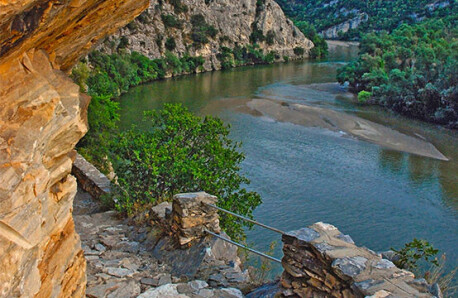
Read our Blog
VIEW ALL BLOGFun Facts
An old Greek legend says that when God created the world, he sifted all the soil onto the earth through a strainer. After every country had good soil, he tossed the stones left in the strainer over his shoulder and created Greece.
Did you know that Greece has the biggest EU consumption of olive oil per capita, with around 12 kg per person per year?
Greece has one of the richest varieties of wildlife in Europe, including 116 species of mammals, 18 of amphibians, 59 of reptiles, 240 of birds, and 107 of fishes.
Feta, which is made from sheep and goat’s milk, is Greece’s national cheese. It dates back to the Homeric ages, and the average per-capita consumption of feta cheese in Greece is the highest in the world!
Greece's national drink is ouzo. Ouzo is a dry anise-flavoured aperitif. Cheers, "stin igia mas" in Greek!
Crete, Greece’s largest island and birthplace of the Minoan Civilisation, is the most southern one, except for the little island of Gavdos!
Τhe concept of democracy developed in Athens around the 6th century BC. The Greek word demokratia (δημοκρατία) meant “the power of the people”.
The species and subspecies of the native plants in Greece are about 6,000, almost as much as 50% of the native plants of Europe!
Did you know that Greece hosts 50% of the brown bear population in western & southern Europe.
Crete's history as well as the inhabitants' personality were affected by the island's mountainous landscape.
Greece has historically engaged in wine making. Take for example Dionysus, the son of Zeus, the God of the grape-harvest, winemaking and wine. His face is seen today on the sommelier’s pin which is a symbol of respect to wine’s contribution throughout history.
Do you know what rakomelo is? It is a Cretan hot cocktail! A delicious mixture of honey, spices and the alcoholic beverage tsikoudia. Bottoms up!
Greece is the place where democracy was born. But democracy in ancient Athens was significantly different from modern democracies. It was both more participatory and exclusive, and there were no political parties in Athenian democracy.
No part of Greece is more than 137km from the sea.
Did you know that in Greece, 47 mountains are over 2000m., 105 mountains between 2000 and 1500m., 155 mountains are between 1500m. and 1000m. The number of mountains under 1000m. have yet not been recorded.
Did you know that Greece is the third largest producer of olive oil in the world? Greeks have cultivated olive trees since antiquity. Some of the olive trees that are still producing olives, date back to the thirteenth century.
Greece' s official name is Hellenic Republic. However Greeks call their country Hellas or Hellada.
Did you know that Greece has around 6,000 islands, islets and rocky islets? 2,000 of them are islands and only 107 of them are inhabited!
Greece has more archaeological museums than any other country in the world; in-fact they are around 196!
Greece is a leading producer of sea sponges.
Explore Greece
Peloponnese
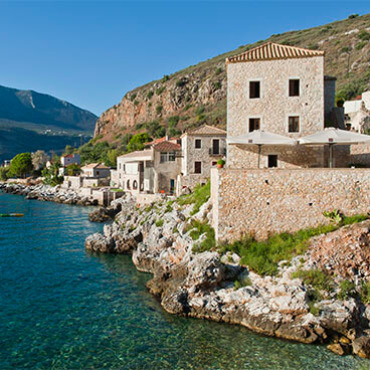
Places to Visit
Dodecanese

Places to Visit
North Aegean





